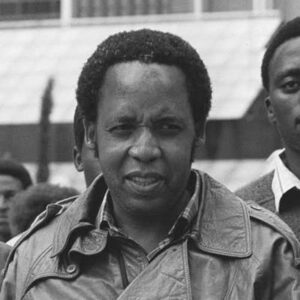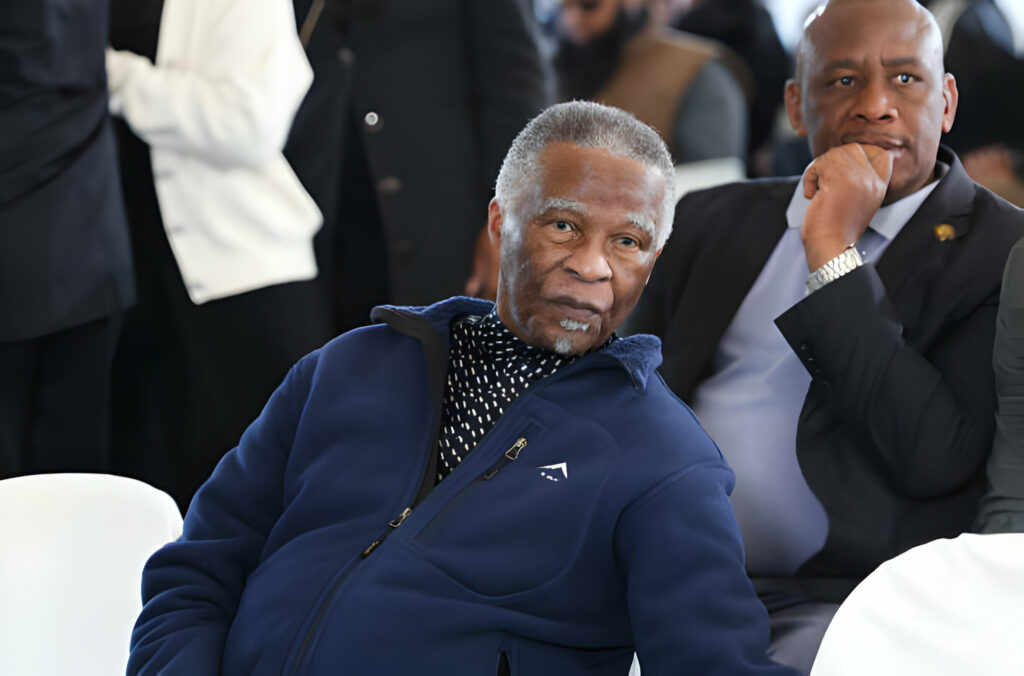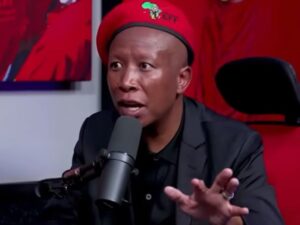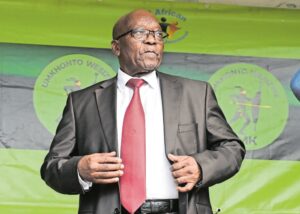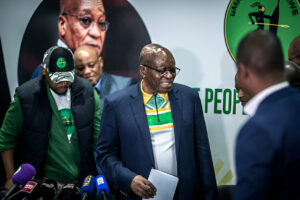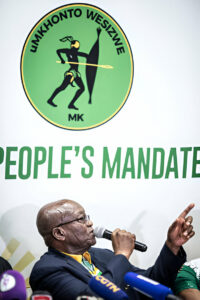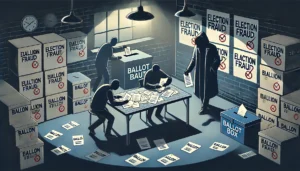Thabo Mbeki, the former president of South Africa, shared his thoughts on the troubles faced by the South African Revenue Service (SARS), tracing its difficulties back to the presidency of Jacob Zuma. Speaking at the University of South Africa, Mbeki discussed a variety of socio-political issues, using reports from the Nugent commission and the state capture inquiry to demonstrate how deliberate decisions led to the undermining of SARS. The inquiry, led by retired judge Robert Nugent, aimed to scrutinize tax administration and governance within SARS.
As discussions unfolded, the MK party announced its decision to name Jacob Zuma, 81, as its presidential candidate for the national and provincial elections scheduled for May 29. Zuma, having served two terms as president, was later dismissed by the ANC.
Mbeki highlighted the connection between the individuals leading the MK party—a faction that separated from the ANC—and those accused of attempting to weaken SARS. He emphasized the importance of this knowledge for South Africans as they prepare to vote.
Reflecting on the past 30 years of democracy, Mbeki pointed out periods of frustration, notably Zuma’s tenure, during which SARS began to falter in its revenue collection tasks, a stark contrast to its previous performance. This decline prompted President Cyril Ramaphosa to establish the Nugent commission to investigate the root causes of the agency’s underperformance.
“The Nugent commission says, I am summarising, that some people took a decision to destroy the institution…Now that’s a very remarkable statement because Sars is responsible for 95-98% of state revenue. You destroy Sars, you destroy the democratic state. And yet there were people who took a decision to do exactly that. The report gives in great detail what it is that happened to destroy these institutions.”
Mbeki argued that those who undermined SARS were fundamentally opposed to South Africa’s democratic state, aiming to weaken it by stripping away its primary revenue source. He also mentioned the state capture commission of inquiry, led by Chief Justice Raymond Zondo, which implicated Zuma in the efforts to dismantle SARS.
“And it [inquiry report] says in black and white that Jacob Zuma was part of the leadership process to destroy Sars. That’s not my opinion, I am telling you what the Zondo commission says. That’s a bit of a conundrum that you would have the president of the Republic of South Africa participating in a process to destroy the institution that gives him the means to govern.”
Mbeki also touched on the broader context of South Africa’s transition to democracy in 1994, noting that not all citizens viewed this change as positive. Some saw it as a defeat. This perspective, according to Mbeki, is crucial to understanding the nation’s current state and the choices facing voters in the upcoming election.
He encouraged South Africans to critically evaluate the past 30 years of democracy and to consider these reflections when deciding who to support in the elections. Mbeki expressed concern that South Africans might not share a unified understanding of their country’s identity and challenges, leading to varied approaches to addressing national issues.
